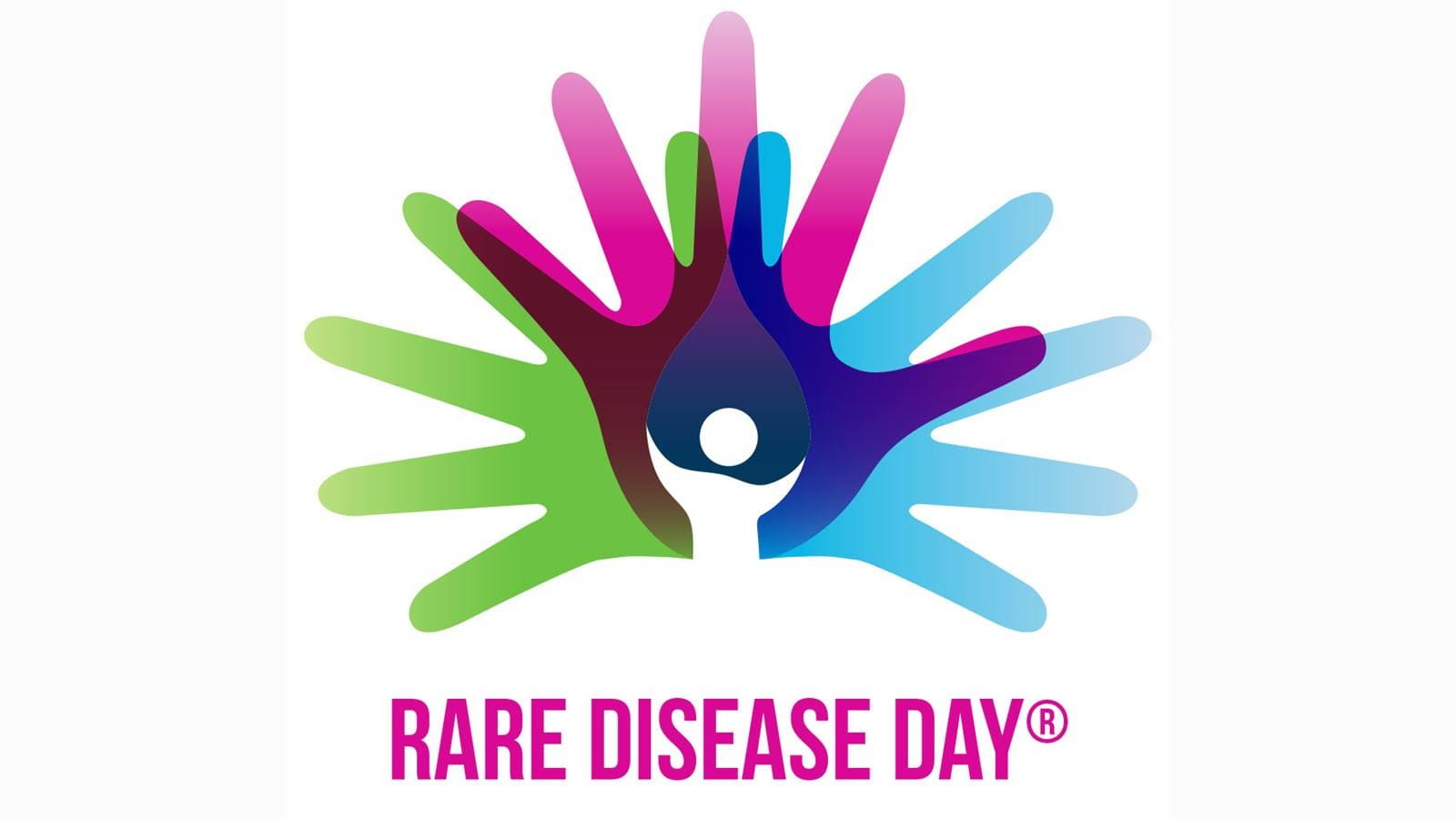A new diagnosis can upend a person’s life. Some patients will have many questions. Others might pause before taking next steps. Here are three recommendations for how to begin:
1. Take a deep breath and shift into information-gathering mode.
After one of her family members was diagnosed with a rare disease, Lisa Bacon remembers that for a while “it seemed the world around us was caving in.” But they gradually surrounded themselves with supportive friends, and felt empowered after researching the disease. She recommends reaching out to patient advocacy groups as a source of support and expert knowledge. Her biggest advice: “Take a deep breath and take it one day at a time.”
“You may need a while to fully comprehend the news and work through all the emotions. There are no shortcuts,” said Bacon, who is Programs Director at the Fabry Support and Information Group. “The best way to process your diagnosis is to gather as much information as you can, advocate for yourself and, if needed, get a second opinion. Find a physician who you can communicate freely to, without judgment, and who will communicate clearly with you.”
2. Avoid the internet.
“Don’t turn to the internet for information on your diagnosis,” said Kim Beam, who wrote a book about surviving the rare cancer Hodgkin’s lymphoma. “Instead, trust your doctors to provide the information you actually need. In a similar vein, although it seems counterintuitive, it’s important to limit who you tell right away — people mean well, but their feedback might not be helpful if they don’t know your sickness firsthand. Wait until you get a better handle on the diagnosis before you go public.”
She recommends trying different strategies to cope with anxiety following a diagnosis, including therapy, meditation or journaling. But also trust yourself to know what helps and what doesn’t. She remembers deciding to stop journaling at one point.
“That’s natural and all part of the process,” Beam said. “There are no rules.”
3. Build your community of support.
Nancy Mitchell, a registered nurse and a contributing writer at Assisted Living, has spent decades caring for patients. She emphasizes strong support systems because they’re research-proven to help patients both physically and emotionally, Mitchell said.
“Encouragement from loved ones can make the weight of a new diagnosis a little less scary and a lot less lonesome,” she said.
Then add an extra layer of support from fellow patients who are managing the same health condition or illness.
“Even with the support of family and friends, many patients crave a community that truly understands what they’re experiencing -- especially in the case of rare diseases. You may not necessarily find a physical group, but there’s a high chance that one exists in the online health sphere,” Mitchell said. “These groups are excellent for your journey because they foster a sense of belonging, even when everything else in life feels frustrating. For many patients, those connections are the most important factor for handling their diagnosis.”



